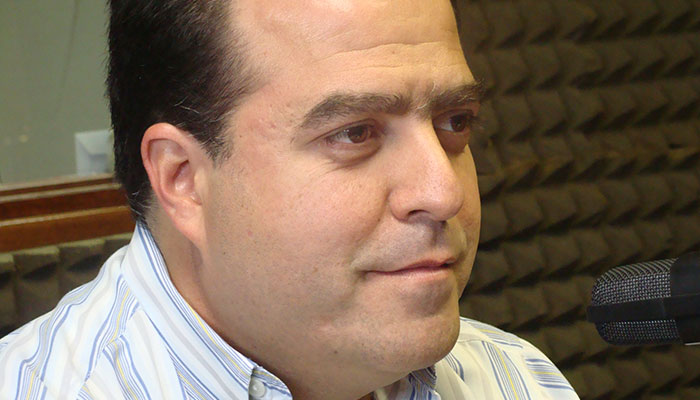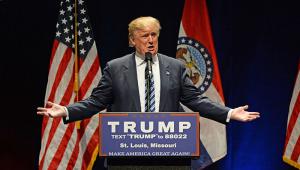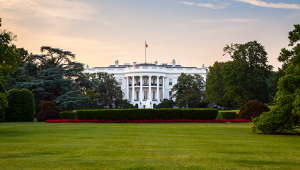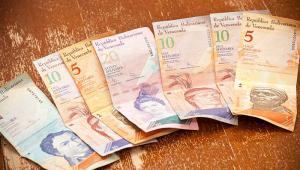web_-julio-borges_2514824846_ac90fcda46_o.jpg

Julio Borges, president of Venezuela's National Assembly. Credit: Luis Carlos Díaz
Protests calling for early elections have been raging for months in Venezuela amid a severe economic crisis and presidential attempts to consolidate power in the face of increasingly strong opposition. Nearly 60 people have died in clashes with police.
Following the bond purchase, leader of Venezuela’s opposition-held National Assembly, Julio Borges, sent a letter to Goldman Sachs’ president Lloyd Blankfein.
He accused the Wall Street institution of extending a “financial lifeline” to Maduro and making a “quick buck” from the suffering of the Venezuelan people.
According to the letter, the bonds, first issued by Venezuela’s state-owned oil company Pdvsa in 2014 and held by the central bank since, were purchased at a hefty discount, worth almost 70%. Goldman Sachs said it brought the bonds through a secondary broker and did not interact with the Venezuelan government.
In a note published today, analyst firm BMI Research said the terms of the deal were a clear indiciation of the government's "extreme lack of liquidity" in the face of a host of debt obligations, worth $5.2bn this year and $8.6bn in the next.
With the once oil-rich economy in crisis – inflation is in the triple digits and many are unable to pay for, or even find, scarce basic goods – as a result of lower oil prices, Maduro’s government increasingly relies on such deals to bring in much-needed foreign currency.
Amid a spiralling economy and political turmoil, Venezuela’s bonds might appear unattractive. But discount prices bring the potential for substantial yields that can’t be found elsewhere in an era of low interest rates, and the government appears committed to keeping Pdvsa afloat.
Nevertheless, the risk of default remains and in his letter to Blankfein, Borges said he would recommend any future democratic government of Venezuela not recognise or pay its dues on the bonds.
“Given the irregular nature of this transaction and the absurd financial terms involved that are to the detriment of Venezuela and its people, the National Assembly will soon launch an investigation into the matter,” he added.
The assembly has now also asked its counterpart in the US to investigate the sale, which it said made the bank complicit in the human rights abuses committed by the Maduro government.
Goldman Sachs said: “We invested in Pdvsa bonds because, like many in the asset management industry, we believe the situation in the country must improve over time.
“We recognise that the situation is complex and evolving and Venezuela is in crisis. We agree that life there has to get better, and we made the investment in part because we believe it will.”
BMI Research noted that while it maintains its view that default remains "probable", the bond sale "marginally increases" Venezuela's chances of avoiding this.
It added: "That said, Goldman's willingness to purchase the bonds, despite repeated warnings by an opposition-dominated National Assembly that a future democratic government will not honour such obligations, suggests that the regime might have greater access to outside financing than we had assumed."













